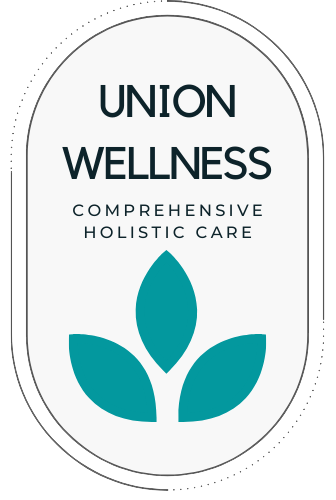In my practice as a massage therapist, I’m drawn to working with clients whose experiences include PTSD, trauma, and anxiety—as well as a range of others in need of support through their own journey of emotional healing.
What the above have in common is a heightened Sympathetic Nervous System (SNS). You may know this as your “fight or flight” response. The SNS stimulates the adrenal glands to release hormones that increase your heart and breath rate, slow digestion and elimination, and release extra glucose to sustain energy. When the situation is resolved, the sympathetic functions return to its resting state, allowing your heart rate to go back to normal, your breathing to slow down, and your other body functions to return to a balanced state.
When someone is dealing with trauma, PTSD, or anxiety, their SNS is working overtime and so is their body. Massage has wonderful benefits specifically helpful for these challenging symptoms, as it can relax the SNS and ease clients back into a parasympatheic state of balance and function. Whatever you are dealing with on your journey, as a new client you will feel heard and respected as we develop a holistic treatment plan relevant to your specific needs and expectations.
Communication before, during, and after the session is prioritized for all clients, but I aim to go above and beyond for clients who experience PTSD and anxiety. We can discuss your triggers and a plan of action for how I can help hold a safe space for any emotional release or anxiety that should arise during the session.
Our physical bodies store trauma in our tissues and organs, creating discomfort and other uncomfortable physical sensations. Massage can absolutely facilitate their release and help free you physically from painful experiences your body has been holding onto.
As a member of this diverse Central District community and a Queer-identified human, I also make it a priority to create an informed, educated, safe space for all bodies—including trans and non-binary. Know that I am comfortable with your body, and that I respect your pronouns and your process.
Conversations with the non-binary people in my life have helped me understand the physical and emotional transitions and impacts they experience, including heightened stress, anxiety, and emotionality. These symptoms elevate the Sympathetic Nervous System and make it even more difficult for the body to find balance. Regular massage helps break the stress and anxiety cycle.
At the Union Center for Healing, we believe educated practitioners in a safe and inclusive environment provides our patients and clients the necessary level of comfort to receive all of the benefits of bodywork.
If you are transitioning, have transitioned, are uncomfortable in your body or dealing with trauma and anxiety—please come see me. Together we can facilitate healing in a safe space.
Author: Jennifer Singer, LMP
